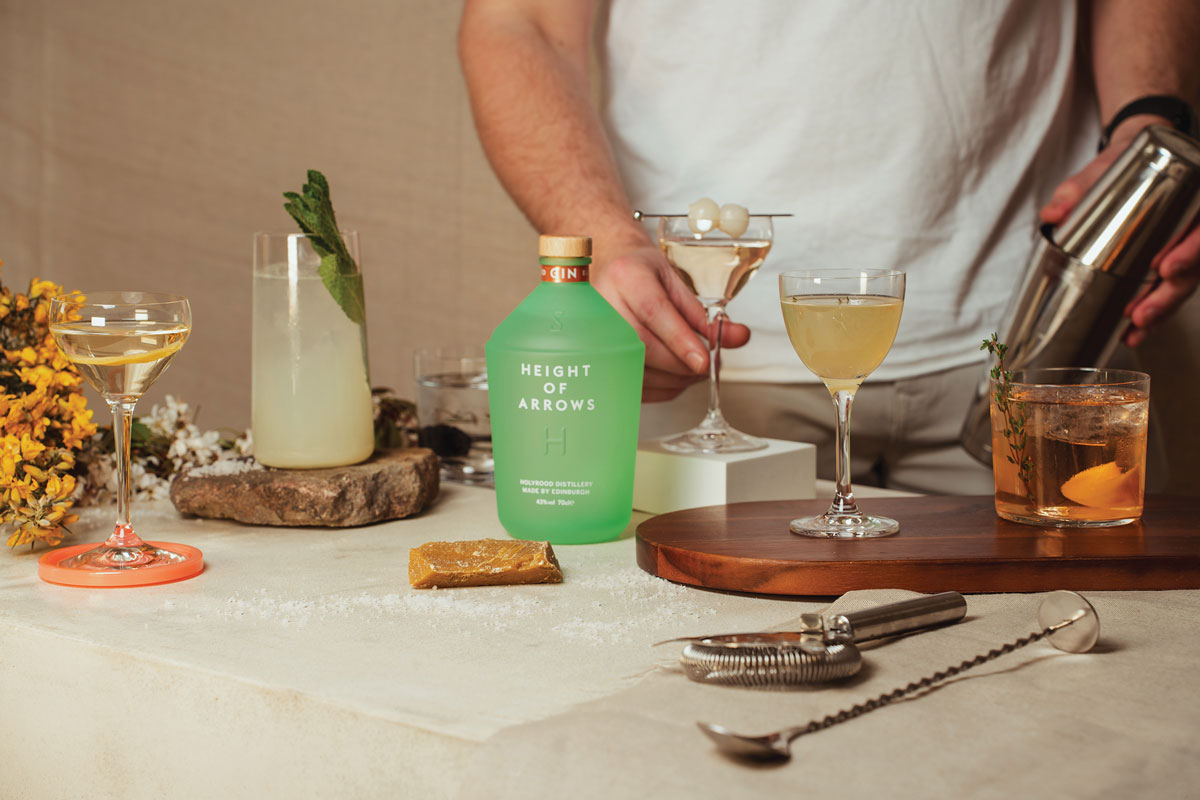
While there will always be something to be said for international brands with big names and bigger marketing budgets, the need for venues to offer their customers something different means Scottish-made products should always be able to earn their space on the bar.
Brand owners argued that, with bars, pubs and restaurants facing tougher competition than ever from off-sales and the cheaper option of staying at home, homegrown drinks are able to help outlets offer a point of difference.
“Without innovation, a great product offering and knowledgeable staff, your consumer is just going to stay home and pick up his booze from the supermarket,” said Arran Brewery owner Gerald Michaluk.
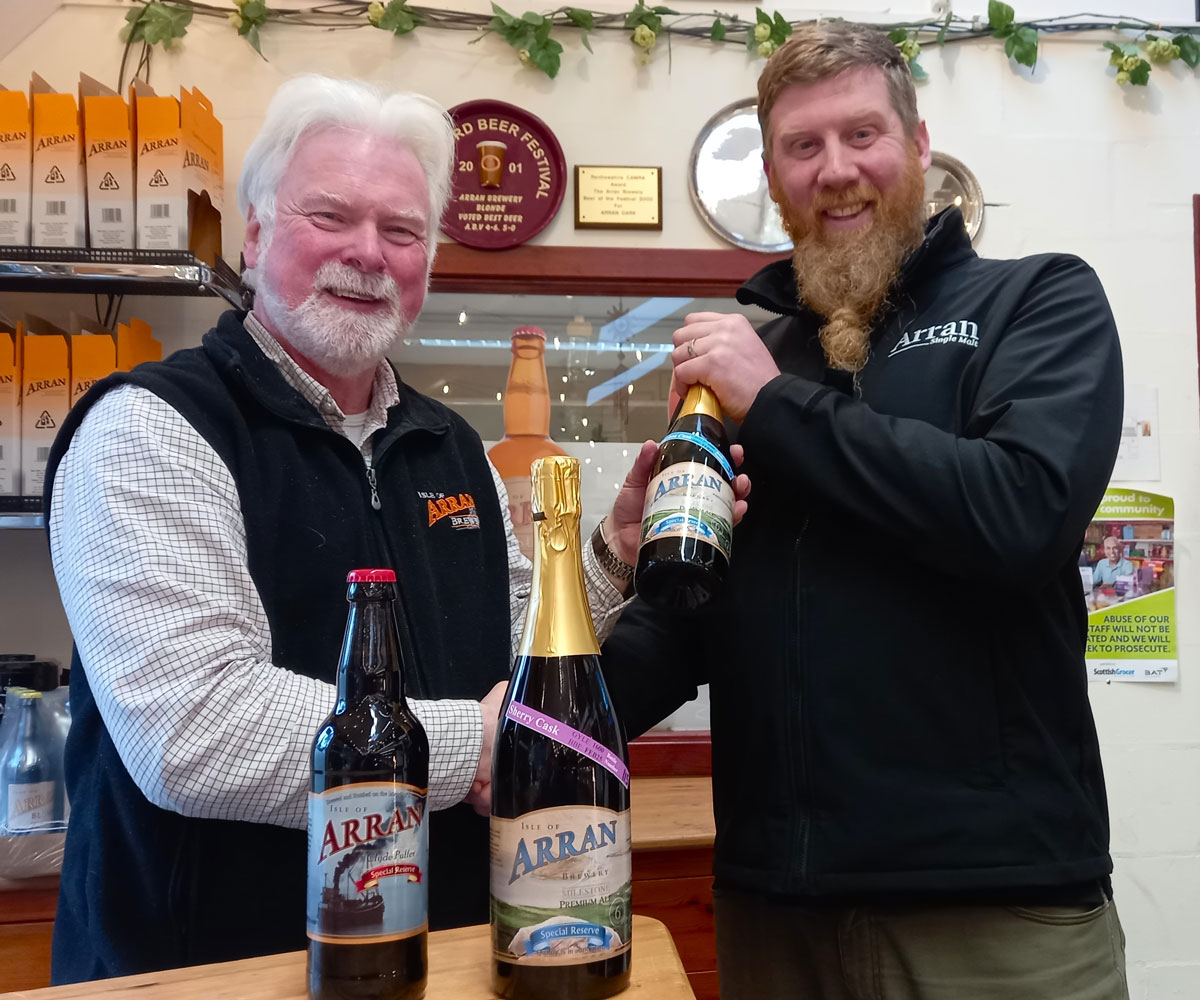
“They are not going to gain much from going out, so your outlet needs to be a ‘destination’ in itself these days and provide the incentive to go out rather than invite friends round.”
That was backed up by another Scottish beer brand owner, Jason Clarke of Genius Brewing, who said that, with the big brands ‘so cheap in supermarkets, a trip to the pub is increasingly about experience’.
“Customers are looking for something ‘different and better’ from what’s in the fridge at home,” he said.
And even with times tough for a lot of people, many customers will be prepared to pay for those ‘different and better’ products if they feel they are getting value.
Sonja Mitchell of Jump Ship Brewing said: “People are more careful with their money and are looking for value.
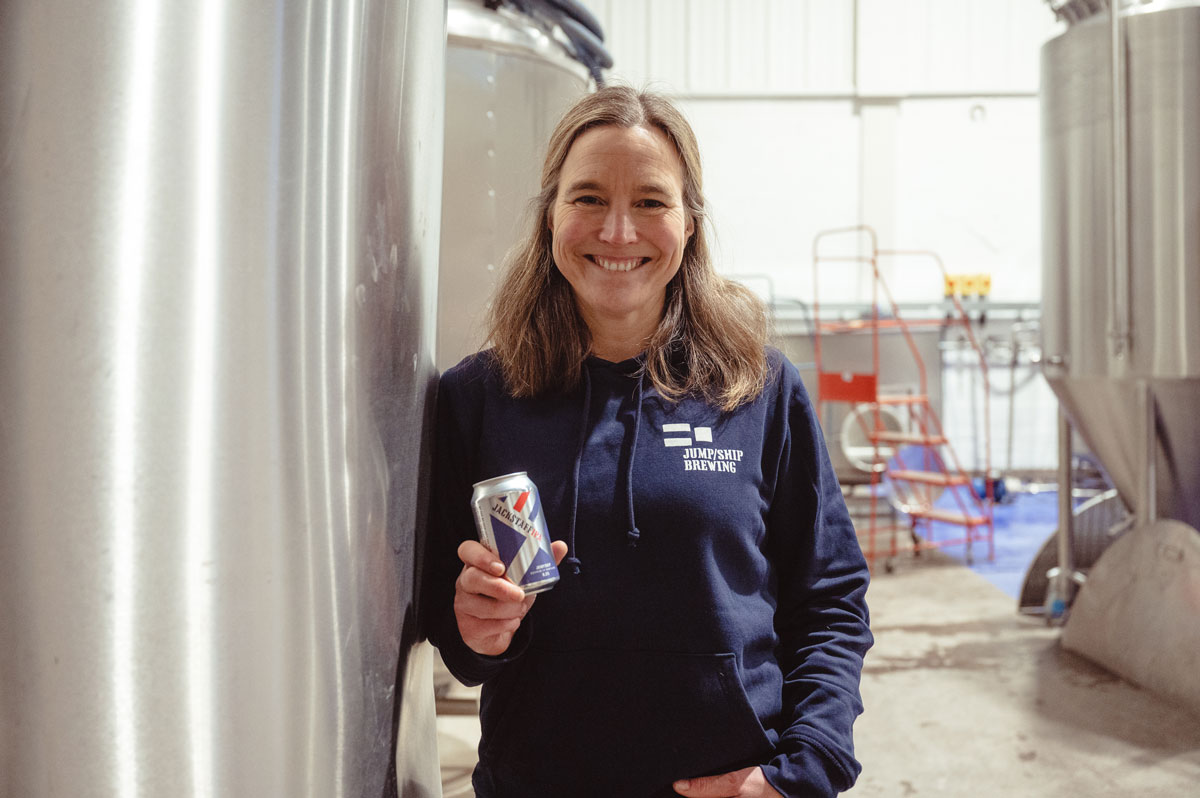
“But that doesn’t always mean price – for a growing group of people it’s about having a really high-quality offering that makes their experience special.”
On the beer side, brewers reckoned IPAs, craft lagers, fruity sours and stouts are all proving popular with on-trade customers at the moment.
“Although lager remains Scotland’s favourite pint, there is so much more in the market to offer guests and without offering a range of styles and flavours, venues can miss out the chance of profit with new beers on the bar,” said Belhaven brand manager, Fiona Matheson.
“There are so many Scottish beers and styles to excite guests and so it’s important to get the right mix for the venue and guests, whilst also celebrating all that is great about the nation.”
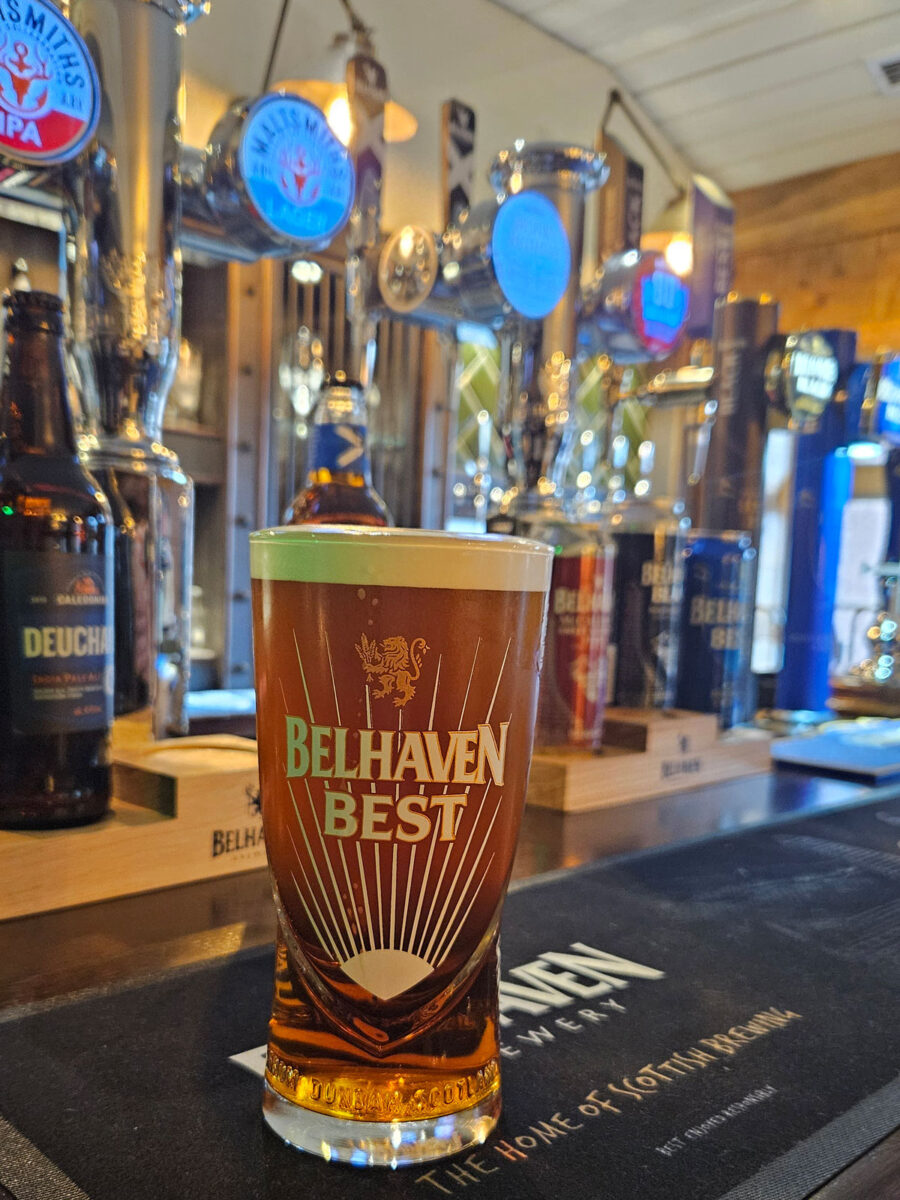
And there’s plenty of choice outside of beers as well.
“Scotland has so much to offer and it is only getting better and better – from organic liqueurs to quirky soft drinks, brand new rum and Scotch whisky distilleries with a vast variety of spirits,” said Mariella Romano, global brand ambassador at Isle of Arran Distillers.
“Search and discover these many products that will intrigue your customers and excite them to try something new.”
Others pointed to Scotland’s growing rum scene as one of the areas worth exploring for Scottish venues.
“Rum is a growing spirit category, particularly aged rums,” said Elsie Cinnamond, brand home duty manager and drinks creative at Holyrood Distillery in Edinburgh.
“Whilst many whisky distillers are attempting to shrug off the idea Scotch whisky can only be enjoyed in certain ways, rum is unbridled.
“Simple serves such as rum and apple or rum old-fashioned have made the spirit accessible to both customers and licensees. Whilst premium-aged rums have adopted the sip-and-savour approach often reserved for whisky.
“Rum has managed to position itself as both fun and premium.
“Scottish rum producers and blenders are curating rums that combine the flavours and ingredients of rum inspired by the heritage and environment of Scotland and the craft of Scottish distilling.”
Other than giving your customers a wider choice of products, there’s another reason to ‘shop local’ on your drinks range: supporting other independent businesses.
Cinnamond said stocking Scottish brands is a way to support ‘like-minded businesses’.
“What is important to your venue?” asked Cinnamond. “Is it environmentalism, locality, premium, fun? Are you an independent wanting to support other independents?
“There is a huge range of high-quality spirit makers and brewers in Scotland. Prioritise what you want from your business but also what customers are wanting and you will start to grow an offering of like-minded producers.”
There’s also the argument that, much like a favourite bar, pub or restaurant, the only way to support an independent brewer or distiller – and ensure that there’s still plenty local options to choose from in future – is to spend money with them.
Michaluk at Arran Brewery warned that, with local producers closing and challenges with supply “there will be fewer Scottish beers in future while gin and new whisky distilleries will come under the same competitive pressure in years to come”.
“So stock your local true craft beers and spirits while you can and educate your consumers to know the difference,” said Michaluk.
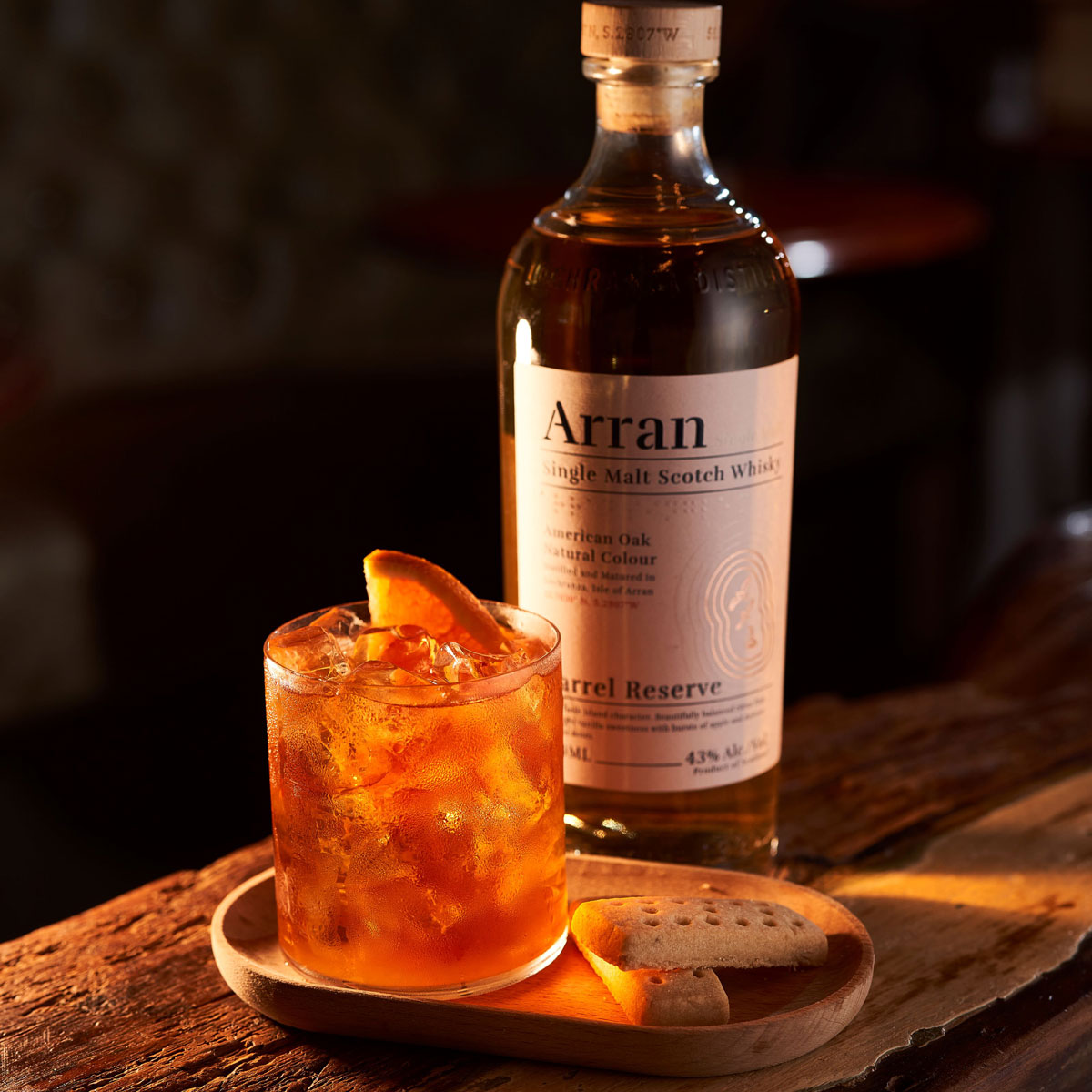
And Romano at Isle of Arran Distillers urged operators to go a step further and actively engage with their local producers.
“Build a relationship with your local producers or, even better, organise a staff training, team visit or tasting event with the makers you love the most and are most requested in your establishment.
“That will automatically create a buzz thanks to your staff and clientele which is now excited to talk about and share their new discoveries.”




















